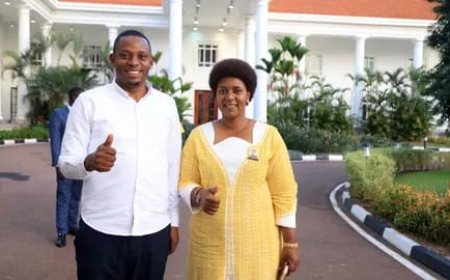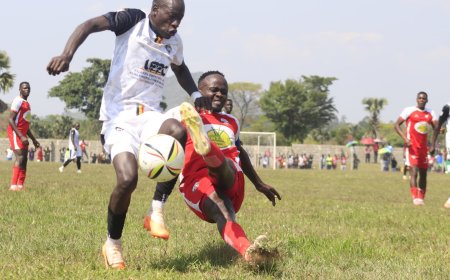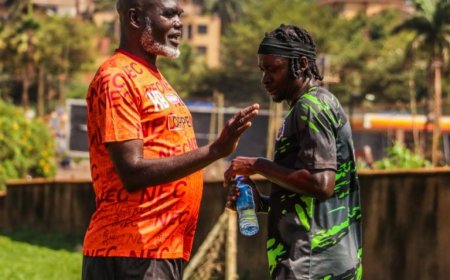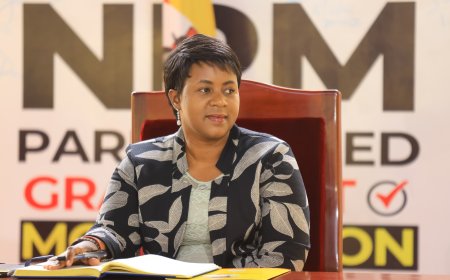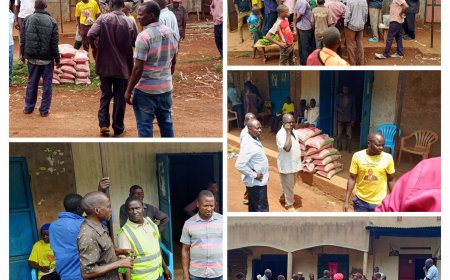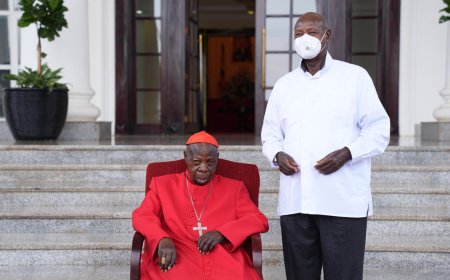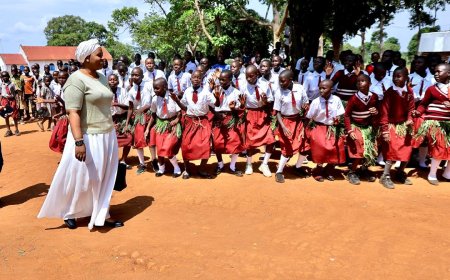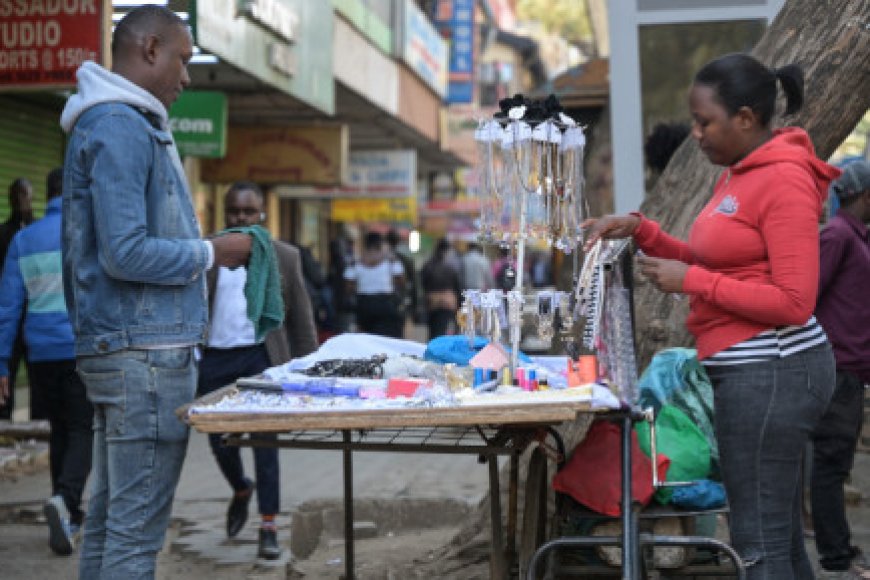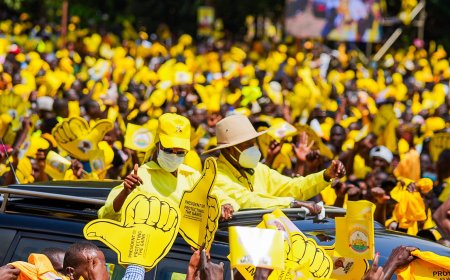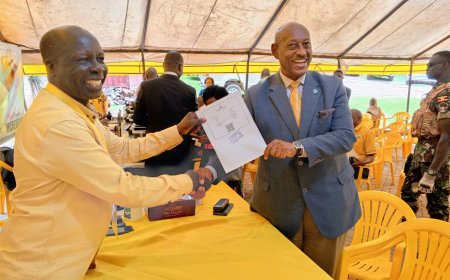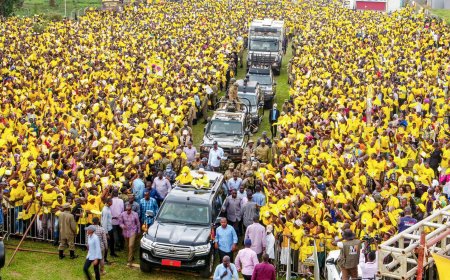Shops, schools reopen in Kenya despite protest call
Veteran opposition leader Raila Odinga has staged several demonstrations since March against the government, alarming the international community which has urged both sides to find a political solution after earlier protests left more than dozen dead.
NAIROBI - Shops and schools in Kenya reopened on Thursday despite a fresh round of opposition protests that have led to deadly clashes and sparked appeals for dialogue to end the crisis.
Two people died on Wednesday, the second of three days of demonstrations called this week by veteran opposition leader Raila Odinga, and the authorities said more than 300 people had been arrested.
The toll adds to more than a dozen fatalities since March, when Odinga mounted his campaign, triggering alarm in the international community.
His Azimio alliance on Wednesday evening urged "Kenyans to come out in an even bigger way tomorrow".
Schools in Nairobi and the opposition bastions of Kisumu and Mombasa reopened Thursday, with the interior ministry assuring Kenyans that it had taken "adequate measures to guarantee the safety and security of learners".
Nairobi's business district, which was largely shuttered on Wednesday, also resumed activity, with stores reopening and office-goers heading to work.
"Yesterday, I did not go out because I was expecting some mess, and the schools were closed. But I am out today, life is getting back to normal," urban planner Godfrey Mononyi told AFP.
Bookseller Charles Muru, 51, said he shut his kiosk on Wednesday due to "fear of the protests".
"Today it is near to normal, not normal yet, but we are getting there," he told AFP.
"It is hurting us, the protests have to stop."
Police have used tear gas and live rounds to disperse stone-throwing crowds, sparking outrage from rights groups, with two people shot dead on Wednesday in Kisumu, according to a hospital official.
'PUT OUT THE FIRE'
The unrest has raised fears for Kenya, which is seen as a beacon of stability in a volatile region.
Leading newspapers published a joint editorial on Thursday calling for Odinga and President William Ruto to hold talks.
The two men "owe it to themselves and to the people of Kenya to consider if they want any more blood on their individual hands," it said.
"The sparks of conflagration have already been lit, and it is upon them both that lies the greatest responsibility to put out the fire before it spreads out of control."
"The nation stands on a precipice," it warned.
Odinga called off anti-government demonstrations in April and May after Ruto agreed to dialogue, but the talks broke down.
Although Wednesday's protests appeared to be more muted, with fewer reports of casualties resulting from sporadic clashes, Interior Minister Kithure Kindiki said the authorities had arrested over 300 people for looting, arson, robbery and assault.
It is the third time this month that Odinga has staged mass rallies against a government he says is illegitimate and to blame for a cost-of-living crisis.
The government in turn has accused the opposition of derailing efforts to improve the economy, with Ruto on Wednesday urging police to take firm action against "criminals, gangs and anarchists and all the people who want to cause mayhem."
Analysts said the protests have piled further pressure on a population already struggling with galloping inflation.
"With many Kenyans living hand to mouth, asking for three days of protests (in) a week is too much for them," said Edgar Githua, lecturer at USIU Africa and Strathmore University in Nairobi.
"If these protests continue this way... and with a lot of violence and looting, they will lose purpose and even the leaders will eventually lose credibility," he told AFP.
Opposition protests following Odinga's election loss in 2017 continued until he brokered a surprise pact with his erstwhile foe, former president Uhuru Kenyatta, that became known as "the handshake".
